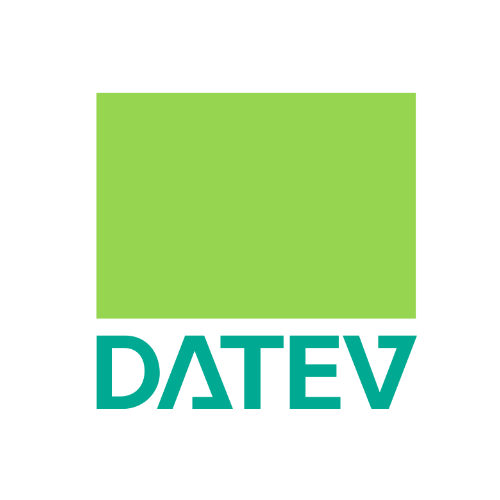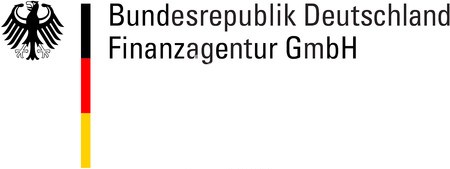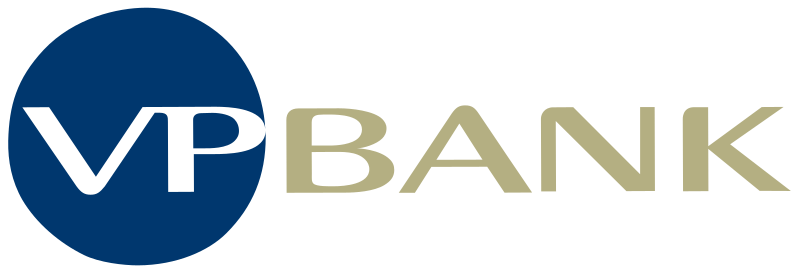Experience a balanced mix of theory, live demonstrations and practical exercises.
During the Docker training, you will master Docker’s core concepts and components to advanced orchestration with Kubernetes.
Building on this you will deep dive into container technology, ensuring you stay at the forefront of industry trends.
Transform your expertise, enhance your career prospects, and lead the way in efficient, secure, and scalable software development.
In this Docker Training, you will learn …
… how to containerize applications and run them reliably across different environments using Docker. This course is ideal for developers, system administrators, and DevOps professionals who want to simplify application deployment and ensure consistency across development, testing, and production. Whether you’re new to containerization or looking to sharpen your skills, this course provides a solid foundation for using Docker in real-world projects.
Practical Applications That We Will Cover in the Training:
- 1
Master Docker Fundamentals: Understand the essentials of Docker and containerization, including architecture, image creation, and container management.
- 2
Advanced Techniques and Orchestration: Gain expertise in advanced Docker functionalities, networking, storage solutions, and orchestration with tools like Docker Compose and Kubernetes.
- 3
Security and Troubleshooting Skills: Learn critical security practices for Docker and develop effective troubleshooting strategies for containerized applications.
After The Course, You Will Be Able To:
- 1
Understand and utilize Docker architecture and its components.
- 2
Create and manage Docker images.
- 3
Effectively use Docker registries to store and distribute images.
- 4
Create Dockerfiles and utilize advanced features like multi-stage builds.
- 5Configure and apply Docker network modes.
- 6Manage data persistence using mounts and volumes.
- 7Apply security best practices in Docker.
- 8Optimize the performance of containers.
- 9Use Docker Compose to manage multi-container applications.
- 10Use advanced tools like Portainer.
- 11Implement scaling strategies in Docker orchestration.
The Docker workshop is NOT suitable for you if you …
Hear from our satisfied training attendees
A1 Telekom Austria AG
„UTA coached my team along the development process of the migration plan of our on-premises data lake to the public cloud.
The outstanding level of expertise, both on a technical and organizational level, ensured a well-structured and realistic migration plan including timeline, milestones, and efforts.
The enablement of my team was at the center of a very smooth collaboration. Through UTA, we achieved our goal faster and reduced risks of the migration project significantly.
I highly recommend UTA’s services!“
Reinhard Burgmann
Head of Data Ecosystem
Vattenfall
„I recently attended Vattenfall IT’s online Kafka training day hosted by Ultra Tendency, and it was an enriching experience.
The trainer, Ahmed, did a fantastic job explaining the theory behind Kafka, and the emphasis on practical application was great. The hands-on programming exercises were particularly helpful, and I’ve never experienced training with so many interactive examples!
Overall, I highly recommend this training to anyone who wants to improve their Kafka knowledge interactively and gain valuable skills.”
Bernard Benning
BA Heat
VP Bank
„The MLOps training exceeded our expectations!
It offered a perfect blend of an overview, hands-on coding examples, and real-world use cases. The trainer answered all questions competently and adapted the content to fit our company’s infrastructure.
This training not only provided us with knowledge but also practical skills that we can apply immediately.“
Eisele Peer
Lead Architect & Head of IT Integration & Development
Hutchison Drei Austria GmbH
„The training Introduction to the Cloud with AWS and Azure impressed us! We particularly appreciated the excellent overview of the topics, the hands-on exercises, and the extensive practical activities that made the learned concepts directly applicable.
The content was well-structured, and the combination of theory and practical applications was ideal for our needs. The opportunity to clarify specific questions in the Q&A sessions was also extremely valuable. Overall, the training deepened our understanding of cloud computing and provided us with insights into the differences and strengths of AWS and Azure.
We now feel better prepared to make strategic decisions for our cloud strategy. Thank you for this excellent training!“
Eisele Peer
Lead Architect & Head of IT Integration & Development
Get to know your Training professionals

Marvin Taschenberger

Hudhaifa Ahmed
Senior Lead Big Data Developer & Berlin Territory Manager, Ultra Tendency

Matthias Baumann
Required hardware & infrastructure for your Docker Training
- You will need a PC or Mac with a web browser and MS Teams.
- During the training, we will provide you with a virtual machine with the required local dependencies, services and root access.
- You can access the machine via a browser or SSH if you wish and the network restrictions allow it.







